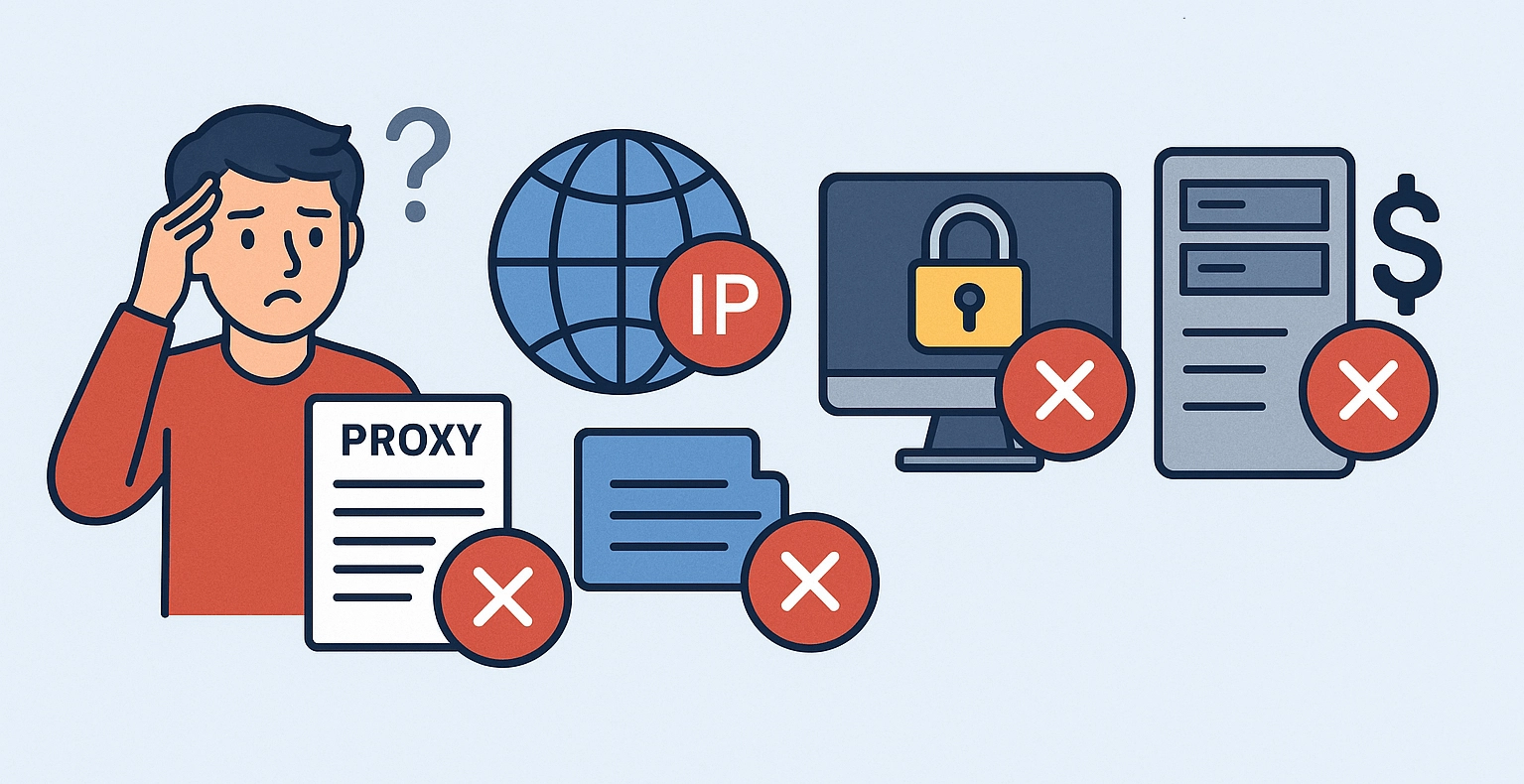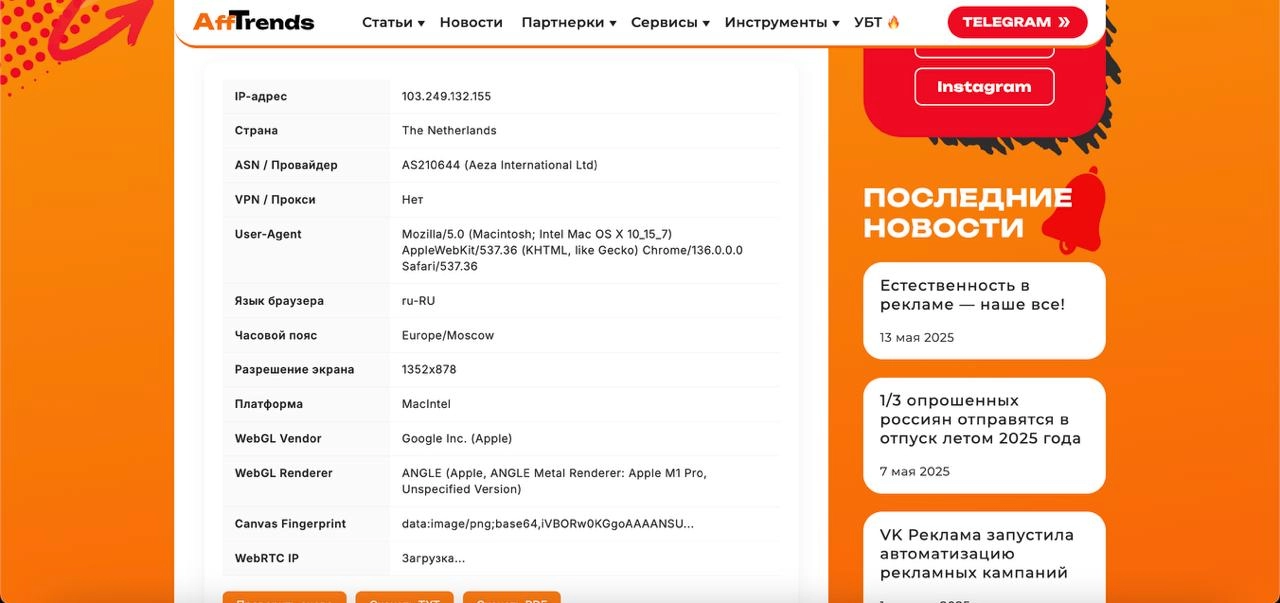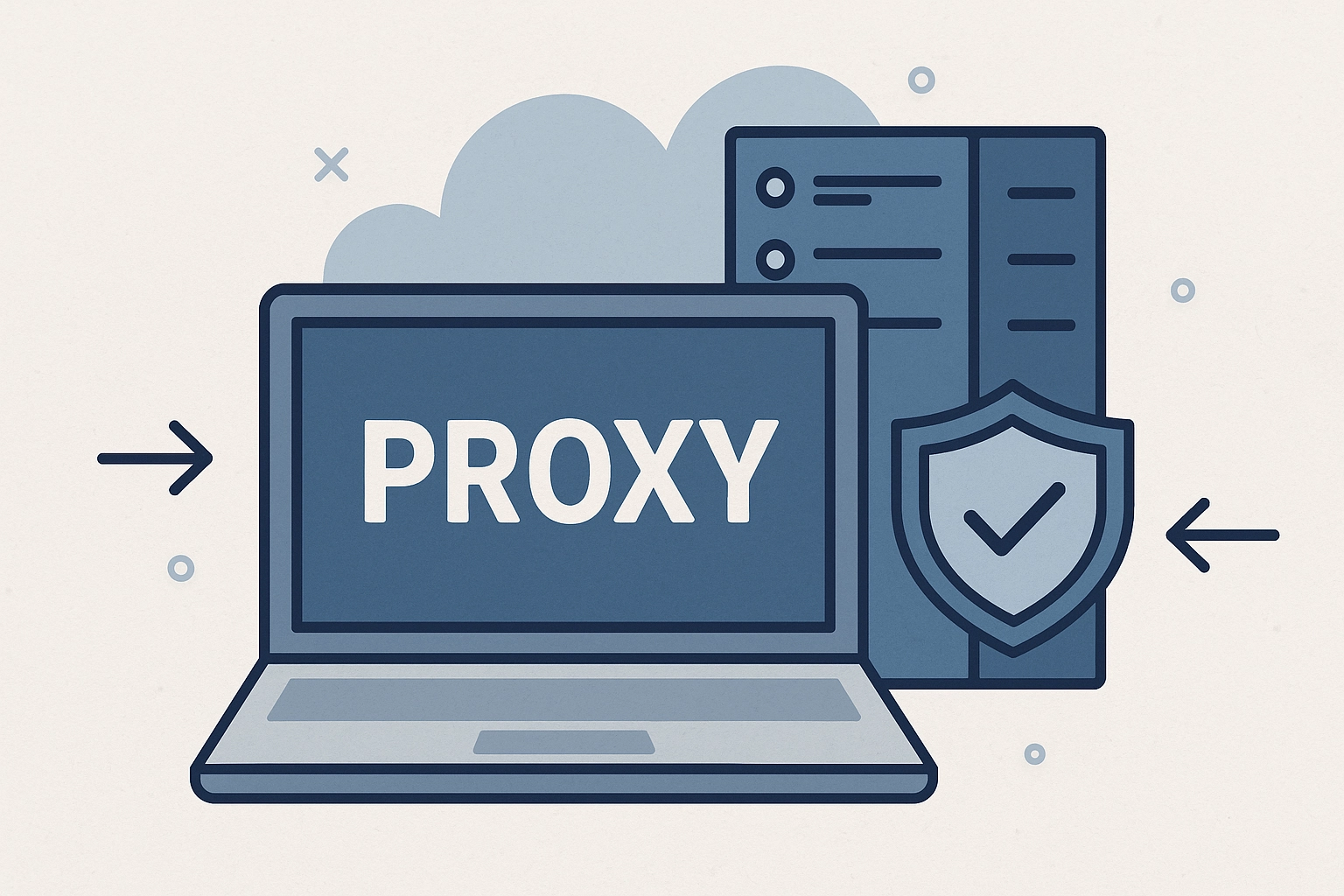Top 5 Mistakes When Choosing a Proxy for Traffic Arbitrage
The article content
- Why proxy selection is critical in traffic arbitrage
- Mistake #1: using free proxies
- Error #2: buying proxies without taking into account the geo and traffic source
- Error #3: ignoring the proxy type (http/s, socks5, mobile, residential)
- Mistake #4: choosing an unverified or dubious supplier
- Error #5: no rotation and limits when using proxies
- Conclusion

Traffic arbitrage is a complex niche. To work effectively with advertising campaigns, webmasters use proxy servers that allow them to manage a large number of accounts, bypass not only regional, but also anti-fraud restrictions. But choosing a proxy is not just a technical step, but a strategic decision on which the stability and effectiveness of the entire bundle depends.
Unfortunately, many beginners (and sometimes experienced arbitrageurs) make the same mistakes, choosing low-quality or unsuitable proxies. This leads to account bans, budget drain and loss of time.
In this article, we will analyze the TOP-5 most common mistakes when choosing a proxy for traffic arbitrage and tell you how to avoid them.
Why proxy selection is critical in traffic arbitrage
Proxies are the basis of stability in traffic arbitrage. Without them, it is impossible to scale campaigns, work safely with multiple accounts or bypass anti-fraud.
Platforms like Facebook and TikTok track IP addresses: suspicious activity, logins from one IP to several accounts are a direct path to a ban. The same applies to working with conditionally free traffic.
Good proxies allow you to mask GEO, ensuring complete isolation of accounts from each other. Bad ones lead to losses of budget, time and trust. Choosing a proxy is a strategically important step, and not just a technical tool.
Mistake #1: Using free proxies
One of the most common and dangerous mistakes of beginners is an attempt to save on proxies using free solutions. Such proxies are often publicly available, overloaded with users and easily tracked by advertising platforms as unsafe.
Free IP addresses are almost always “exposed”, have a bad reputation and are already blacklisted by large networks. As a result: account blocking, campaign failures and a high risk of losing access even to new accounts.
In addition, free proxies have an unstable connection, low speed and a complete lack of support. This makes them completely unsuitable for arbitrage, where reliability and control are important. As a result, saving at the start turns into even greater losses.
Error #2: Buying proxies without taking into account the GEO and traffic source
Many arbitrageurs buy the first proxies they come across, without taking into account what GEO and platform they will be used for. This is a critical error — a mismatch between the IP address and the target region may raise suspicions in advertising systems and lead to a quick ban of the account.
We always recommend performing anonymity check in special services before flooding traffic.
For example, if you launch advertising in the USA, but log in to your account from a European or Asian IP - this raises suspicion. Platforms like Facebook, Google, and TikTok are especially sensitive to such discrepancies, where not only the IP is important, but also its type (mobile, residential, etc.).

Error #3: Ignoring the proxy type (HTTP/S, SOCKS5, mobile, residential)
Not all proxies are equally useful — each type has its own characteristics and areas of application. Often, beginners take "what's cheaper", without understanding the difference, for example, between an HTTP proxy and a mobile or residential one. As a result, they get unstable operation, restrictions, or direct blocking.
Mobile proxies are considered the most trusted, as they use IP addresses of real telecom operators. They are ideal for running ads in “sensitive” sources like Facebook and TikTok. Residential ones are also good, especially for e-commerce and automation. But HTTP/S and SOCKS5 without rotation and with a suspicious history are a common reason for bans.
Mistake #4: Choosing an unverified or dubious supplier
Buying proxies from unknown or “gray” sellers — a big risk. Often, such services sell the same IPs to dozens of users or use a weak infrastructure. The result — bans, lags and data leaks.
A reliable supplier — is a stable pool of IP addresses, fast support, transparent conditions and reviews. It is better to overpay for quality than to restore blocked accounts and lose budgets later.
Error #5: No rotation and limits when using proxies
Many people use proxies without IP rotation or connect too many threads to one address. This makes the activity suspicious — and platforms quickly ban accounts.
Rotation helps to avoid “sticking” one IP on an account, especially in automation. And limiting the number of connections reduces the risk of a ban. The main thing — use proxies correctly, not just have them.

Conclusion
Proxies are not just a “consumable”, but an important element in arbitration. Mistakes in selection and use can nullify all efforts.
Avoid free and unverified solutions, select proxies for the desired geo and platform, consider the type and settings. Invest in quality — and your accounts will live longer, and your connections will work more stably.
And you can read more useful information not only about proxies, but also about traffic arbitrage on the AffTrends platform - there is already a pool of useful and educational articles.
More useful information from the guys in Telegram!